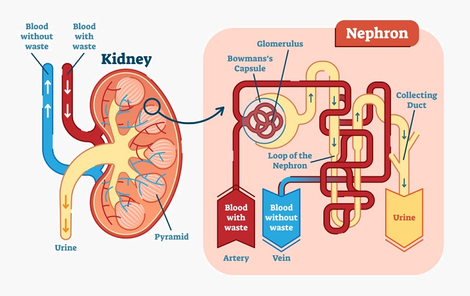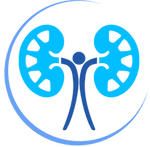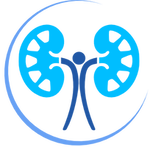 In our previous Kidney Korner segment, we learned how the kidneys filter the blood, briefly touching on urine production. This post will expand on the role that the kidneys play in the production of urine as a waste product. What is urine?: Urine is a result of the filtering process in the kidneys. Urine is a watery, yellow-ish liquid that is one of the primary methods of waste removal for the body. What’s in urine?: Urine is made up of water, urea, creatinine, salts, ammonia and pigments from blood breakdown. Where urine is produced?: Nephrons contain glomerulus connected to tubules. The blood enters the nephron, gets filtered through the glomerulus, and waste products get separated from the blood and the products that will be returned to the body. The renal tubules will carry the urine to the ureters that will deposit it in the urinary bladder until it’s time for urination. For more information on nephrons and glomerulus, see our last Kidney Korner post on the blood filtering process here. How Dr. Munjal Helps: Fluid intake and urine output are key components in determining kidney function. If the kidneys stop producing urine, that is a major indicator that the kidneys are no longer functioning as they should be. Dr. Munjal can order urine studies to determine how much urine your body creates in a 24 hour period and the levels of the key components that make up urine.
Munjal’s Musings: “Urine naturally has a yellow-ish color and an odor due to the chemicals within it. For example, when you are out doing yard work, your kidneys stop producing as much urine so the body can maintain a balance, hence the urine becomes darker and has a stronger odor as it is more concentrated. When you come back inside and drink more fluids, your urine becomes lighter and often smells less. This happens because your body has excess fluid and can dilute your urine. The urine chemical concentration is dependent on fluids and naturally changes color and odor to adjust.” Resources: Mayo Clinic- Urinalysis If you have any questions or concerns about your urine production or kidney function, call our office to schedule a consultation with Dr. Munjal. This website is for informational and educational purposes ONLY. While we strive for accurate, general medical information, this does not replace professional medical advice. Do not rely solely on this information. Please consult with your provider for more information regarding your specific needs. If you are experiencing a medical emergency, please call 9-1-1. Comments are closed.
|
About The BeanThe Bean is a blog on a mission to share valuable information in the world of Nephrology. We believe in empowering through education and The Bean is a great place to find resources and information on topics related to high blood pressure, kidney disease, dialysis, and topics that enhance the kidney minded lifestyle. Enjoy and be sure to subscribe! Archives
July 2024
Categories |
Contact Us |
Careers |
Connect With Us |
|
13241 Bartram Park Blvd., Suite 1001
Jacksonville, FL 32258 Open Map Tel: (904) 260-9898 Fax: (904) 260-9891 |
Interested in joining our team? Jacksonville Nephrology is dedicated to compassionate patient care through teaching and giving our team the tools needed to go above and beyond. Learn more about current openings. Learn More
|


